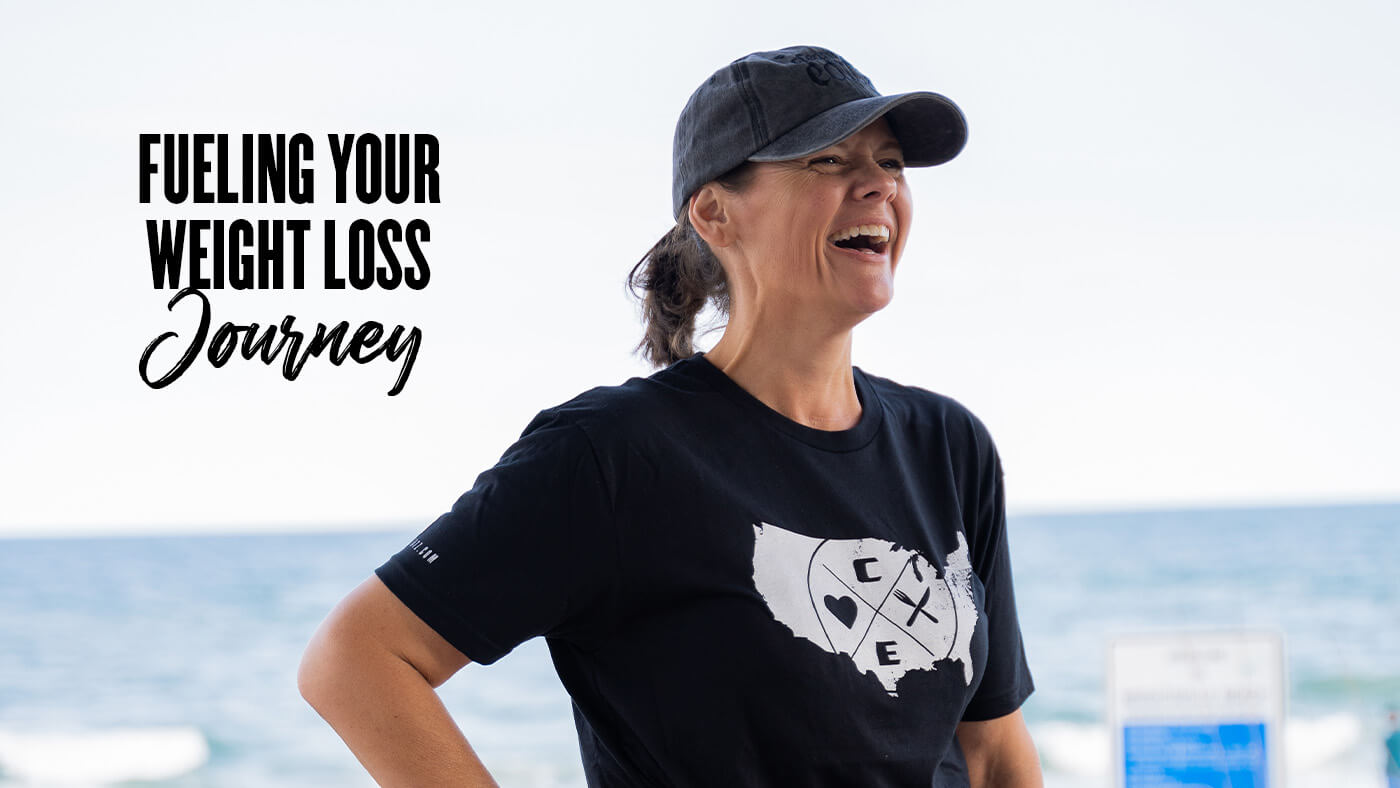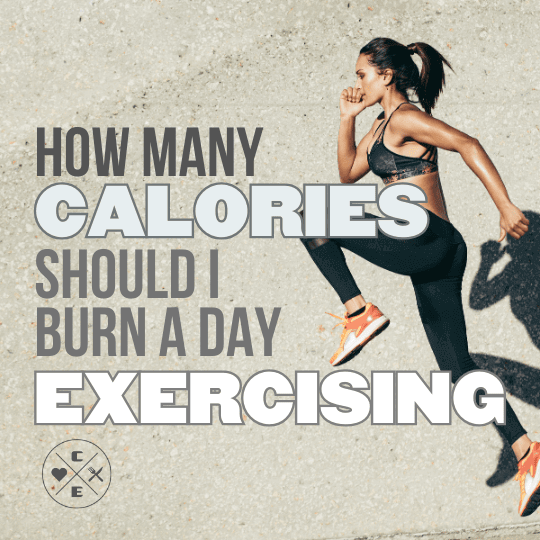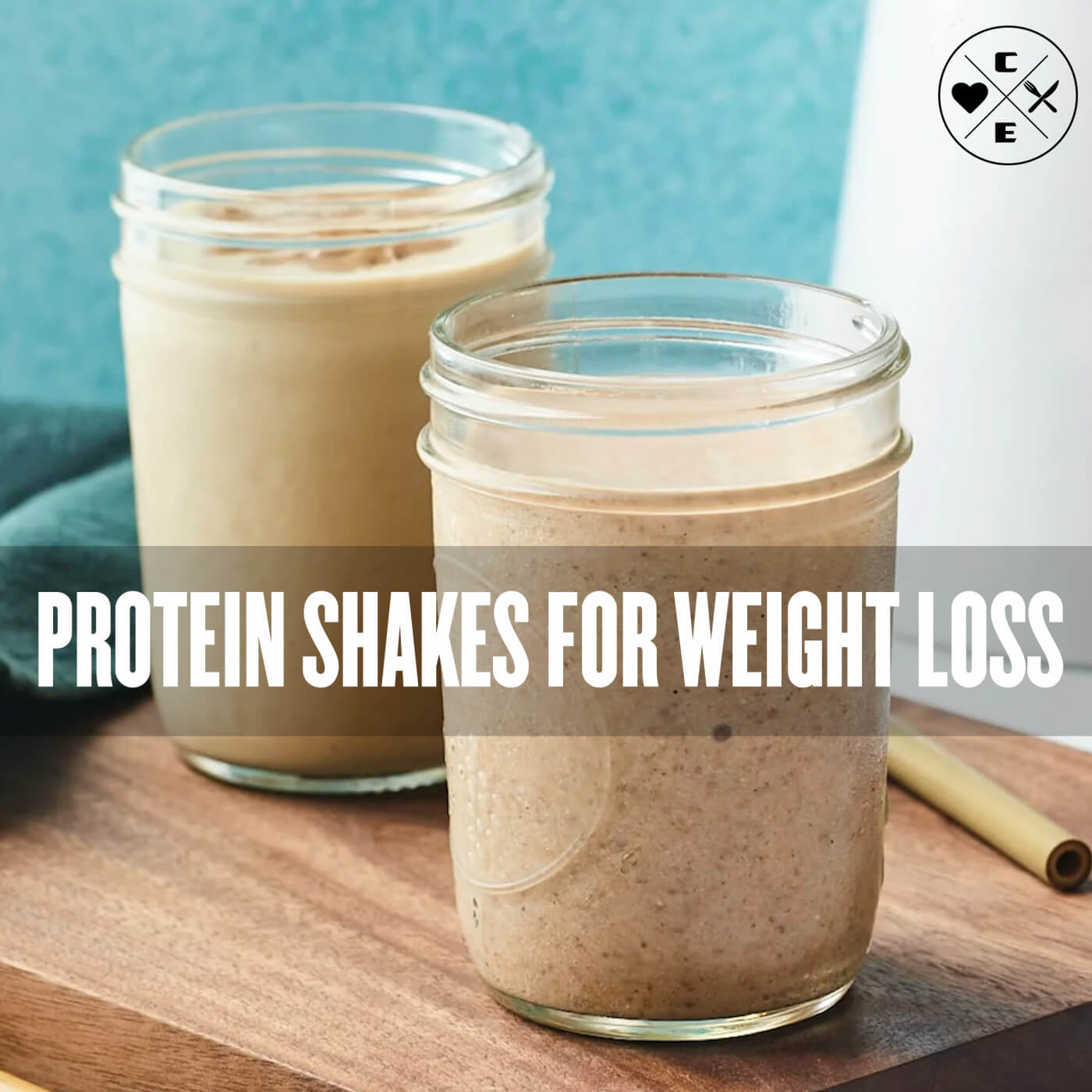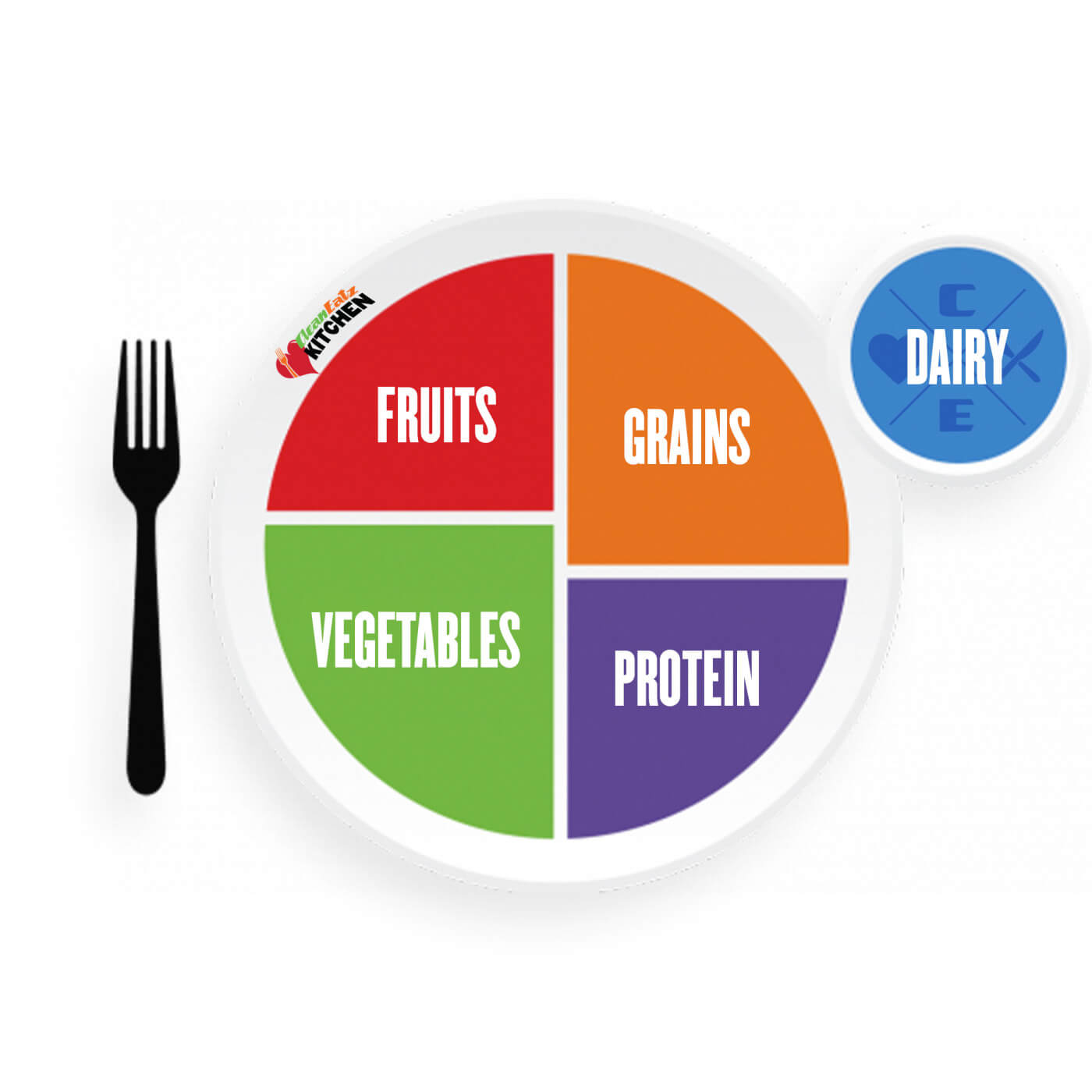
How Many Calories Should I Eat a Day?
Crystal Zabka-Belsky, MS, RDN, CSSD, LMNT, LDN
Nutrition
|
Weight Loss
8 minute read
“What am I not able to eat on a weight loss diet?” or "How many calories should I eat a day to lose weight?" I hear these questions all the time. But let’s talk about what you can eat instead! There has long been a misconception that in order to lose weight, we must engage in severely restrictive diets. Not true! In fact, reductions in caloric intake alone may not lead to successful or long-term weight loss. So what is the best weight loss program? In order to achieve long-term weight management success, we must approach the situation with both behavioral and environmental changes in mind.
Let's read more about it and discuss it by the following points:
- Behavioral and environmental changes
- How many calories you can eat
- The weight loss environment
Behavioral and Environmental Changes
So what do behavioral and environmental changes mean? First of all, it is important that you fuel your body appropriately in order to promote gradual, long-term weight loss. This is where the behavioral piece comes in. A dramatic restriction of calories can lead to more harm than good including food preoccupations, dysfunctional eating patterns, hormonal changes, headaches, irritability, and body dissatisfaction. Unfortunately, this can lead us right back to where we started with emotional eating and rebound weight gain. Yo-yo dieting, often defined by cycling between restrictive and excessive intake, has been linked to increased risks for a variety of chronic diseases including obesity, metabolic syndrome, and diabetes. In order to achieve true, long-standing change, we must modify our eating behavior so that it includes consistent, balanced, and adequate intake.
How Many Calories Should I Eat a Day to Lose Weight?
How many calories should I eat a day to lose weight? This is usually the second question that I get and the answer is never the same. There is not one cookie-cutter approach to weight loss. As featured on the Today Show (How to lose weight: Cut 500 calories a day, lose 1 pound a week, it is well-documented that a reduction of 500 kcal per day will promote one pound lost per week on average. So, let’s say that a person who generally overeats has a typical daily caloric intake of 3000 kcal per day. In theory, reducing daily intake to 2500 kcal per day initially should promote gradual weight loss. However, most of us have little patience and want what we want immediately. This often results in thinking that more has to be better—meaning more restriction. So instead of starting with a rational caloric level of just 500 kcal below the typical intake, people go crazy with diets as low as 1000 kcal per day. What is the harm in this? This kind of self-starvation can affect hormone levels and suppress one’s natural metabolism, leading to an increased chance of rebound weight gain. In addition, it can also lead to binge eating, associated guilt, and unhealthy compensatory behaviors. This kind of pattern turns us into a hamster on a wheel living a vicious cycle.
The Weight Loss Environment
It may seem silly to think about staging your environment for weight loss success, but establishing a home, workplace, and car that is conducive to weight loss is half the battle! What do I mean by this? If you are trying to eat consistent, healthy meals and you have nothing but junk food at home, how are you going to make this happen? If you don’t pack healthy snacks and rely only on convenience foods from a vending machine at work, what impact will that have on your overall caloric intake? If you have chocolate stashed in the glove box of your car to eat in secret, how is that contributing to your weight loss goals? A healthy environment means having healthy, portion-controlled foods available throughout your day no matter the setting that will contribute to the best possible weight loss outcome.
How Do We Start a Weight Loss Journey?
So what are the best weight loss foods? And how to start losing weight? The best foods are those that touch on some key components: convenience, budget-friendly, consistent calories, portion control, variety, appropriate macros, and balance among food groups. And thus, Clean Eatz Kitchen meal prep delivery company was born! Our team is focused on this very thing. Our insight into the impact that crazy schedules, unhealthy societal triggers, quick-fix fad diets, and budget constraints can have on weight management led us to become passionate about developing a strategy to promote healthy eating without causing an additional stressor. With nearly 80 fresh food cafes (and growing!) located all over the nation (Locations - Clean Eatz), Clean Eatz is a one-stop shop for meals, smoothies, and snacks. Need catering for office events? We’ve got you covered. In addition, you can build an entire meal plan to be delivered directly to your home!
What makes Clean Eatz Kitchen so great is that it hits on all the major points I mentioned. Convenience, check. There are locations all over the nation and healthy meals can be delivered to your home within two days anywhere in the continental United States. Budget-friendly, check. Our meals generally range from $7-8 per meal, much less than traditional take-out! Consistent calories, check. Our weight loss meal delivery plan is developed to provide consistent calories across different flavors and styles of food. Portion control, check. It is important to not only be consistent with caloric intake but to also condition the body to be content with the same volume of food at each meal. Our meals all come in the same size package, keeping food volumes very consistent. Variety, check. We have such a variety of food that it is hard to choose! So many flavors, cultures, and styles of food! And our menu constantly evolves to include new ideas. Appropriate macros, check. This is one of my favorite parts of the Clean Eatz meals. I can recommend the meals to individuals of all shapes, sizes, and lifestyles because we offer a variety of macro categories including high-protein, low-carb and keto meals in addition to general meal plans. And finally, balance among food groups—check. You will always find a fruit or veggie snuck into our meals to keep them well-rounded and packed with nutrients and antioxidants!
So what are you waiting for? Get your buns over to the Clean Eatz website and start fueling your weight loss journey with some healthy meal plans.
Final Thoughts
So, how many calories should I eat a day to lose weight? For successful weight loss, it's important to focus on behavioral and environmental changes, rather than simply counting calories. Severely restrictive diets can be harmful, and gradual, sustainable weight loss requires consistent and adequate caloric intake. Creating a supportive weight loss environment, with convenient and portion-controlled options like our Keto meal delivery plan, is also crucial. Remember, there's no one-size-fits-all approach to calorie intake for weight loss.
Are there any risks associated with very low-calorie diets?
Yes, extremely low-calorie diets can lead to nutrient deficiencies, muscle loss, slowed metabolism, hormonal imbalances, and an increased risk of rebound weight gain. It's important to prioritize nourishing the body with a well-rounded and balanced diet instead of excessively restricting calories.
Is it necessary to count calories for weight loss?
While tracking calories can be a useful tool for some individuals, it is not the only approach to successful weight loss. Developing healthy eating habits, choosing nutrient-dense foods, practicing portion control, and focusing on overall dietary quality are equally important. It's crucial to adopt a well-rounded approach to weight loss that considers both calorie intake and the overall nutritional value of your diet.
Can I lose weight faster by severely restricting calories?
Severely restricting calories is not recommended for healthy weight loss. Very low-calorie diets can deprive the body of essential nutrients, slow down metabolism, and increase the risk of muscle loss. Rapid weight loss through extreme calorie restriction is often difficult to maintain and may lead to rebound weight gain. It is important to focus on long-term, sustainable lifestyle changes rather than quick fixes.
What is the recommended calorie intake for weight loss?
The recommended calorie intake for weight loss varies depending on individual factors such as age, gender, weight, height, activity level, and overall health. It is best to consult with a healthcare professional or registered dietitian who can assess your specific needs and provide personalized recommendations.
Related Articles
How Many Calories Should I Burn a Day Exercising?
11 minute read
Are Protein Shakes Good For Weight Loss?
12 minute read



